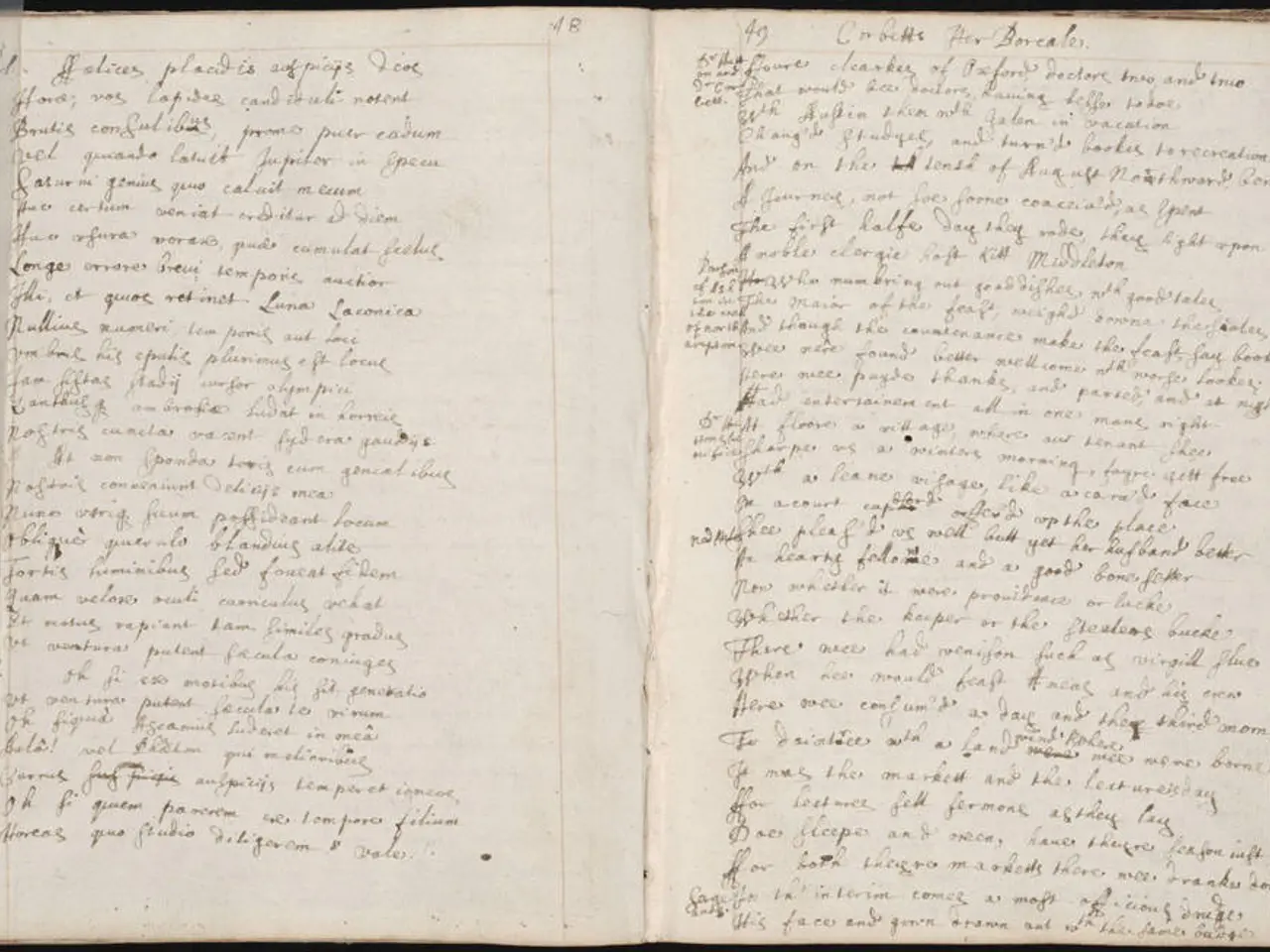Exploring the Moral Justification of Means vs. Ends: A Comparison between Chinese and Western Philosophical Perspectives
In the realm of classical Chinese thought, the idea of using deception and covert means for the advancement of good became firmly entrenched at an early date. This principle is succinctly encapsulated in Sun Tzu's seminal work, "The Art of War," where he famously declares, "All warfare is based on deception."
The strategic use of deception, subversion, and secret agents was central to political and military affairs during the Eastern Zhou period (770–256 BCE). This era, marked by intense and complex power struggles among fragmented states, fostered sophisticated statecraft where intelligence and guile were as important as brute force.
Classical texts such as "The Art of War" and "The Strategies of the Warring States (Zhanguoce)" extensively document the role of spies and covert operatives. The Zhanguoce, for instance, compiles historical anecdotes highlighting espionage's role in destabilizing rival states.
These methods were not mere tactics but an integral part of a broader worldview valuing indirectness, imbalance, and adaptability in governance and warfare. The Chinese government kept esoteric teachings secret, considering them dangerous in the wrong hands and containing timeless methods for governing.
Interestingly, the Western world's approach to moral values and statecraft contrasted sharply with this Chinese perspective. Polybius, for instance, praised the ancient Romans for their honesty and piety, crediting their success to their moral values. However, the idea of using evil methods to defend the good was not effectively championed in Western thought until the Renaissance, when Machiavelli penned The Prince.
In contrast, Chinese sages wrote about virtue, but developed no practical means of limiting evil rulers. Chinese despotism grew out of traditions which justified evil actions as indispensable to survival. A ruler's overthrow was proof of his unworthiness according to the same logic in Chinese thought.
The classical literature of ancient China remains studied for its insights into power dynamics. However, it is essential to note that knowing evil techniques is important to recognize when others are using them, but practicing them is dangerous and corrupting. The acquisition of power (by whatever means) was proof of divine favor according to the doctrine of "the Mandate of Heaven" in Chinese thought.
Despite the historical significance of these ideas, there is no historical figure equivalent to Lycurgus, Marcus Junius Brutus, Cato, or Cicero in Chinese history, who were practical champions of liberty in ancient Greece and Rome. This historical context underscores the unique approaches to governance and statecraft in the Eastern and Western worlds.
- The principles of using deception and covert means for the advancement of good, as portrayed in Sun Tzu's "The Art of War," have also been applied in other contexts, such as the realm of espionage and subversion in warfare.
- Russia, throughout its history, has been known to employ various strategies of secret agents and intelligence operations, emulating the tactics documented in Chinese texts like "The Art of War" and "The Strategies of the Warring States."
- In the contemporary era, the practice of espionage continues to play a significant role in power struggles, with global powers like China employing such techniques in their military and political strategy.
- The philosophy of using evil methods to defend the good is still relevant today in discussions about warfare, strategy, and politics, resonating with the ideas presented in ancient texts from both the Eastern and Western worlds.
- The general-news often highlights instances of tyranny in various nations, where leaders subvert freedom and liberty, emphasizing the need for vigilance in the face of such subterfuge.
- In light of history, it is essential to recognize the dangers of employing deception, subversion, and covert means, as they can lead to corruption and the erosion of values like liberty, while appreciating their value in understanding the strategies of others.








